Swiss-Libya talks set to continue in Berlin
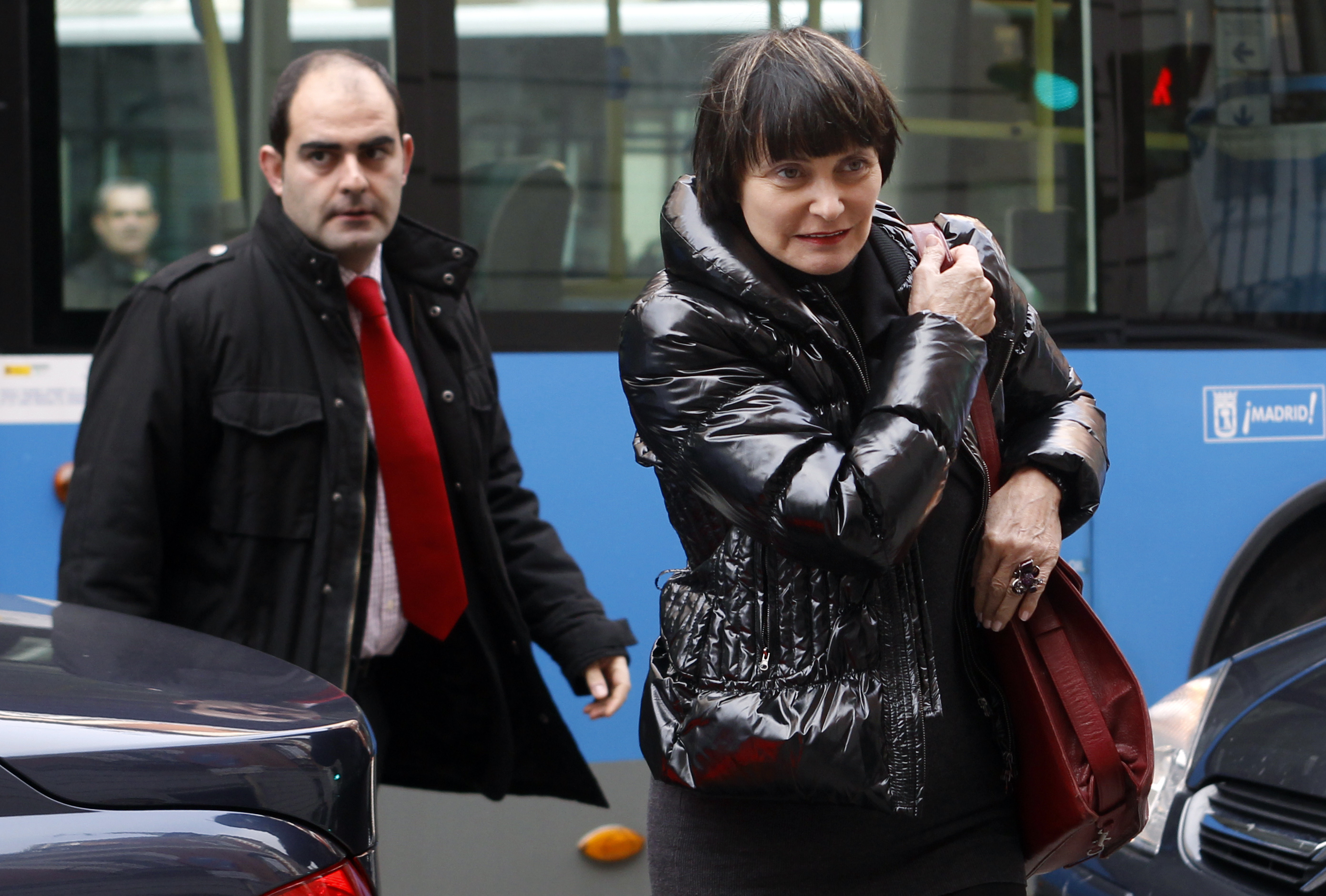
Negotiations to resolve a long-running dispute between Switzerland and Libya that this week entangled the rest of Europe will reportedly continue in Berlin on Friday.
Swiss Foreign Minister Micheline Calmy-Rey held talks with her Libyan counterpart Mousa Kousa in Madrid on Thursday, days after Tripoli blocked visas to citizens of the 25-nation Schengen Area.
Spanish Foreign Minister Miguel Angel Moratinos tried to take a positive tone.
“There has been progress and overall a will to find a solution, but I cannot hide the difficulty, the difficult situation which Libyan and Swiss authorities are in at the moment,” Moratinos told a news conference.
Spain holds the presidency of the Council of the European Union.
“We have been working well,” said Calmy-Rey in a short statement released by the foreign ministry.
EU officials hope the conflict can be resolved “in the next 48 hours”, the Swiss News Agency reported. Friday’s meetings were reported by media in Malta, which has close links with Tripoli.
Libya’s actions were a response to an alleged blacklist of 188 prominent Libyans the Swiss government drew up in the autumn.
Those on the list, which reportedly includes senior officials and members of Libyan leader Moammar Gaddafi’s family, are blocked from obtaining a Schengen visa, which allows for travel between European countries.
Support and criticism
Malta and former colonial power Italy, which have strong economic ties with Libya, have accused Switzerland of abusing the visa system, and called on it to scrap the blacklist.
Switzerland has received the support of Germany and Austria; France on Thursday summoned the Libyan ambassador to Paris and demanded an explanation why its citizens were refused entry into the oil rich North African country.
Calmy-Rey told the Italian newspaper La Repubblica that Switzerland had done all it could to solve the row, which erupted in July 2008 after a Hannibal Gaddafi, son of the Libyan leader, was detained in Geneva on suspicion of abusing two of his domestic staff.
“Switzerland has always had a diplomatic solution ready,” she said.
Among the measures taken by Libya against Switzerland is the case of two Swiss businessmen forbidden to leave the country since July 2008. Switzerland said it took a tougher line toward Tripoli after authorities there kept the two men in an unknown location for 52 days.
The men are now in the Swiss embassy in Libya’s capital but are not permitted to leave the country.
One of the men has been cleared of the charges, but the other, Max Göldi, was sentenced to four months in jail. Their lawyer says Libya is still waiting for Switzerland to take action against those in the Geneva police responsible for the “illegal procedures” in the Gaddafi arrest.
Apologies delivered last year by then Swiss President Hans-Rudolf Merz made no discernible impact on the Libyan position.
“Consultations” and solidarity
Last June, seeking to step up pressure on Libya, Switzerland began requesting “consultations” over Schengen visas requests by Libyans to other member states.
The Gaddafi clan complained of European solidarity with Switzerland. Brussels said it had no choice but to adhere to the law.
In November Switzerland introduced into a common database details of Libyan nationals deemed undesirable in Switzerland on “public order” grounds. Member states cannot oppose such a step.
Tripoli was annoyed when a member of the Gaddafi clan was banned from attending the World Economic Forum in Davos this year. Other top Libyans would not be allowed to go to a Berlin film festival as they often do.
Switzerland has not confirmed the existence of such a blacklist. But Jacques de Watteville, Swiss ambassador to the EU, says Switzerland rejected just 270 applications for Schengen visas out of 30,000, less than one per cent.
swissinfo.ch and agencies
July 15, 2008: Hannibal Gaddafi and his wife Aline are arrested in Geneva over allegedly mistreating two servants, and are charged with inflicting physical injuries against them. The Gaddafis are released on bail and leave Switzerland. The servants are later compensated and charges withdrawn.
July: Two Swiss nationals are arrested in Libya. Swiss businesses are forced to close their offices and the number of Swiss flights to Tripoli is cut.
January 2009: A diplomatic delegation travels to Tripoli.
April: Hannibal and his wife, along with the Libyan state, file a civil lawsuit against the Geneva authorities.
May: Swiss foreign minister visits Libya.
June: Libya withdraws most assets from Swiss bank accounts.
August: The Swiss president apologises in Tripoli for the arrest.
September: Two Swiss nationals cannot leave the country, despite a promise made to President Hans-Rudolf Merz that they will be freed by September 1.They disappear after undergoing a medical check-up in Tripoli.
October: A 60-day limit for normalising relations between Switzerland and Libya passes with no sign of the two Swiss hostages.
November: Swiss ministers suspend treaty seeking to normalise relations with Tripoli and say they will pursue visa restrictions for Libyans.
December: Two Swiss nationals sentenced to 16 months in prison and fined for visa violations. Their terms are later overturned and cut during appeals.
February 14, 2010: A Libyan newspaper reports Switzerland has drawn up a blacklist of 188 top Libyan officials being denied entry to the country.
February 15: A Tripoli airport official says Libya has stopped issuing visas to citizens of nations in the Schengen zone, a measure the European Union later confirms has taken place.
February 17-18: Swiss, Libyan, Italian, Spanish and Maltese foreign ministers try to hammer out a solution. They are set to meet in Berlin on February 19.

In compliance with the JTI standards
More: SWI swissinfo.ch certified by the Journalism Trust Initiative
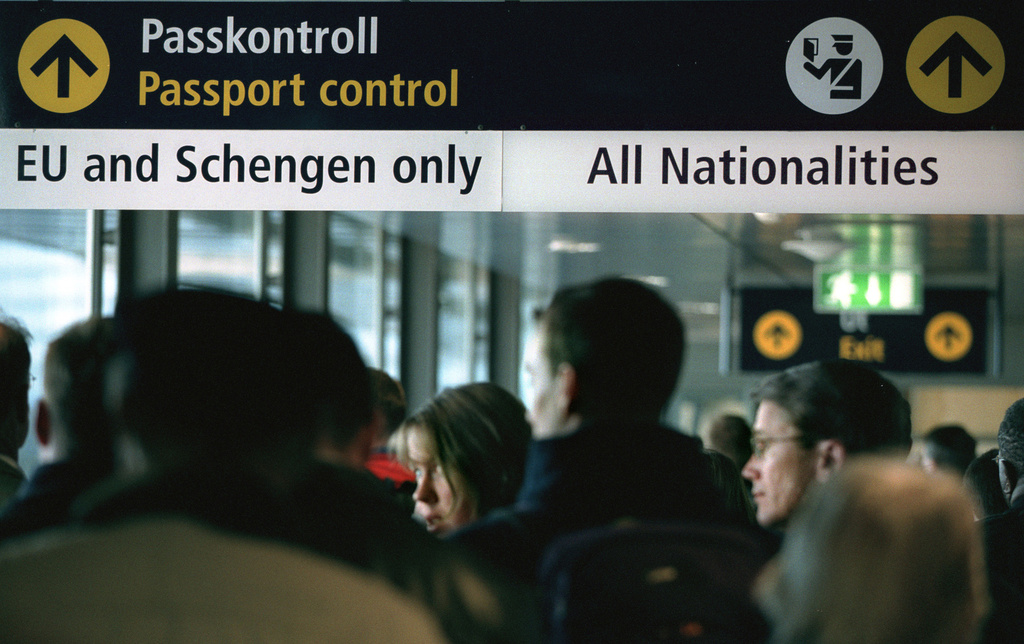
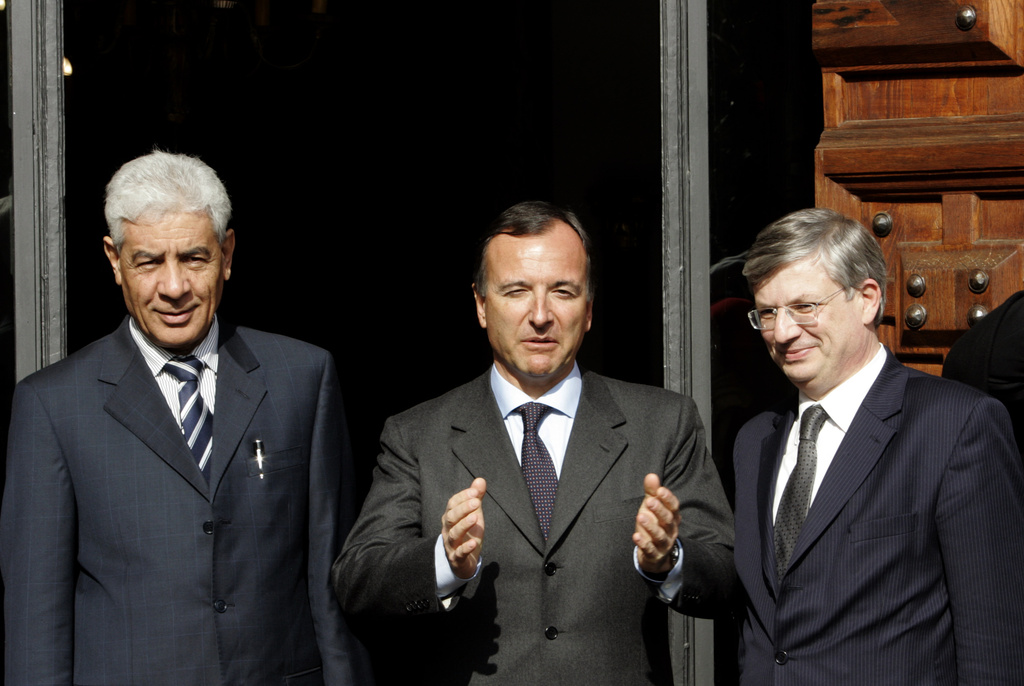
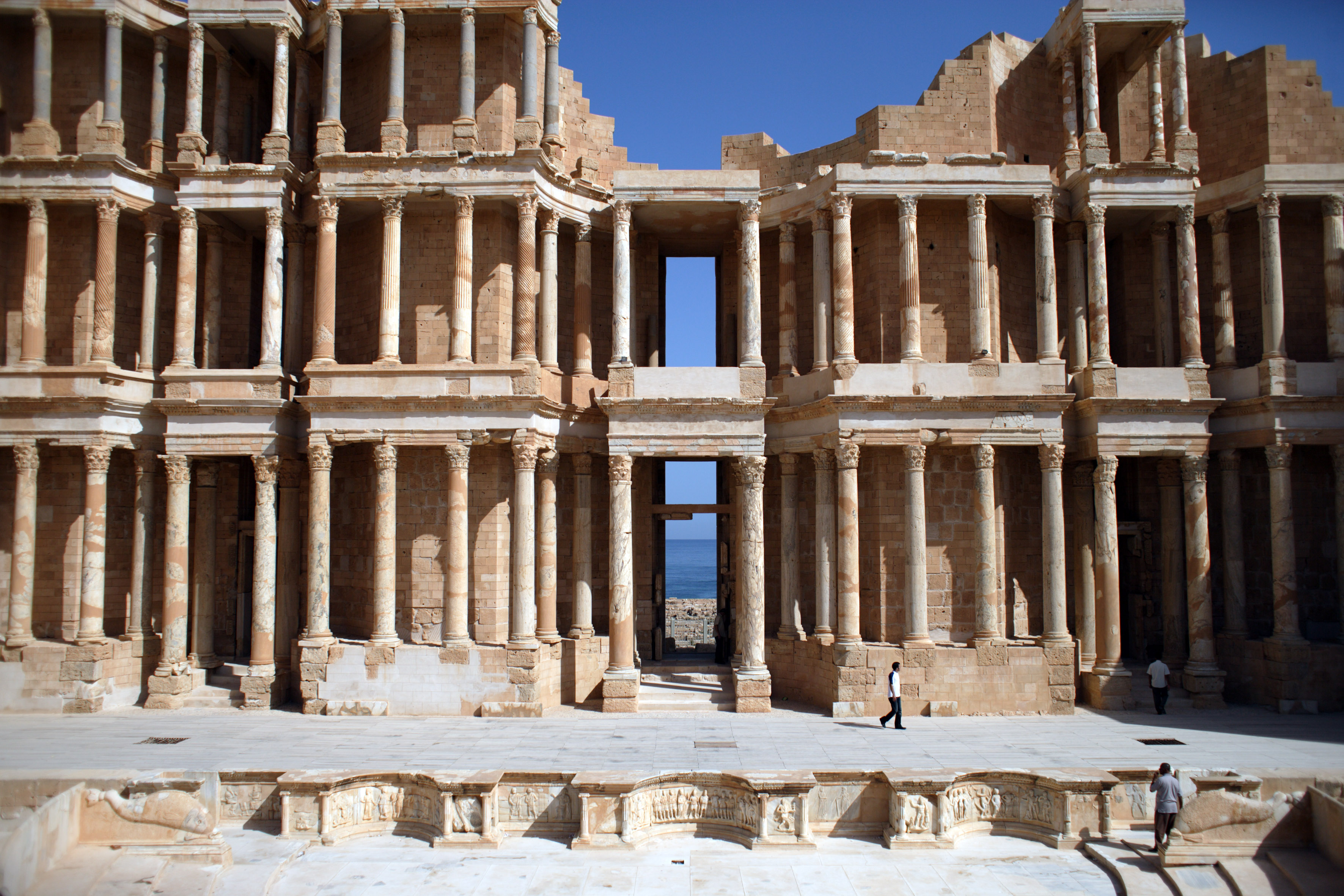

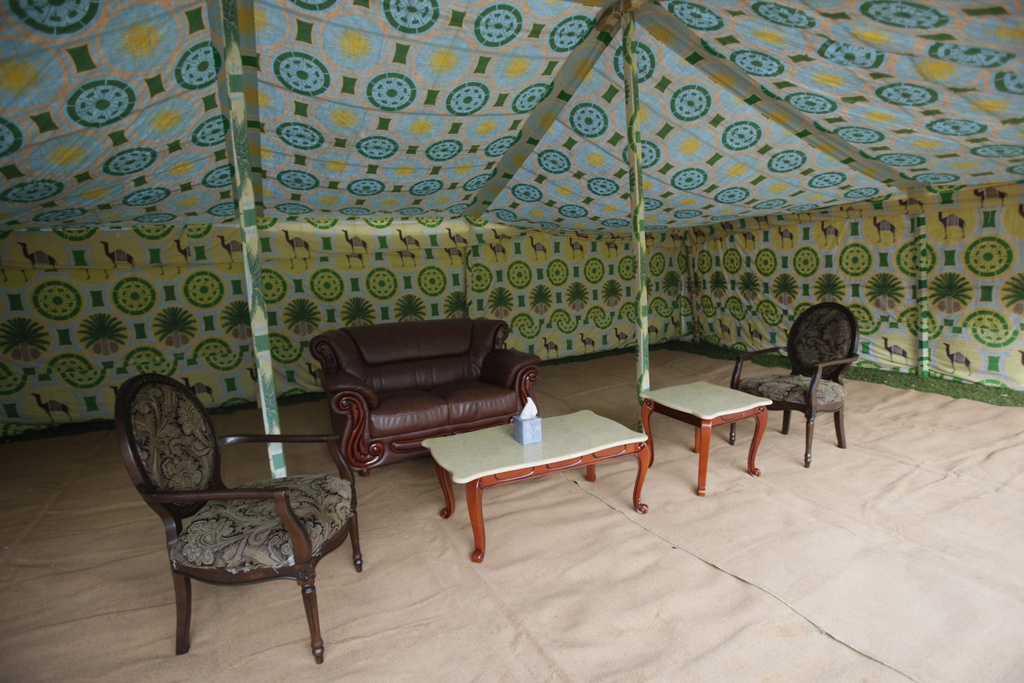
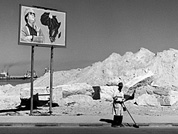
You can find an overview of ongoing debates with our journalists here. Please join us!
If you want to start a conversation about a topic raised in this article or want to report factual errors, email us at english@swissinfo.ch.